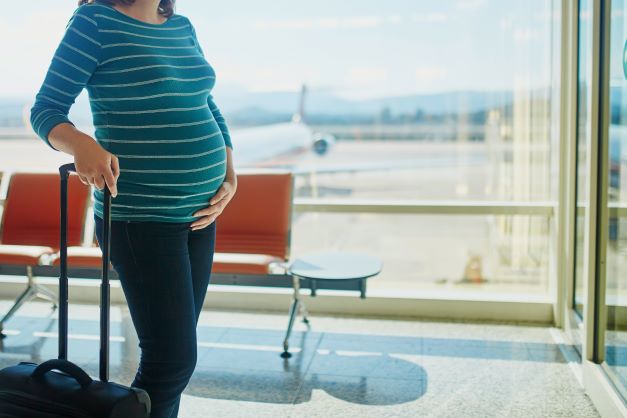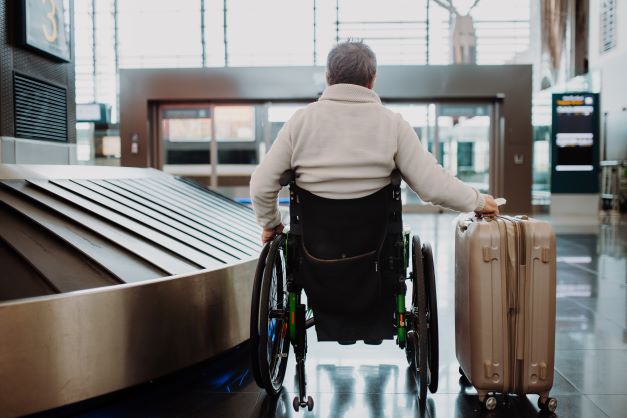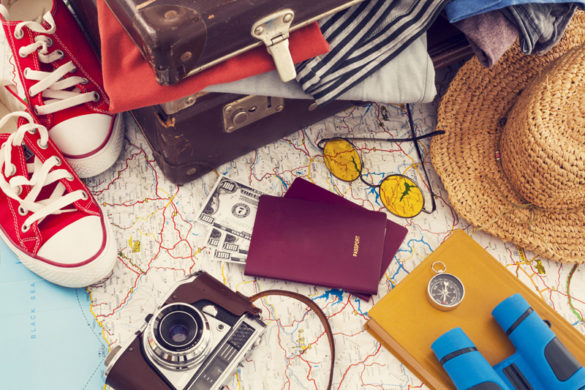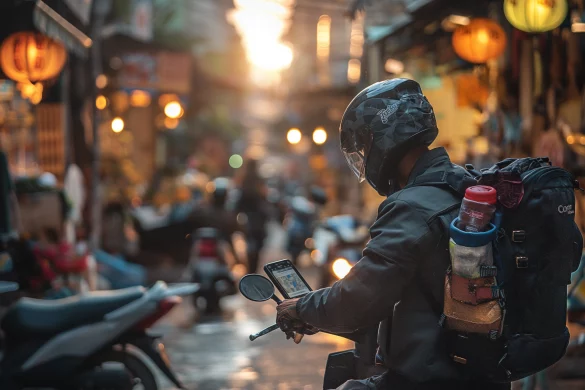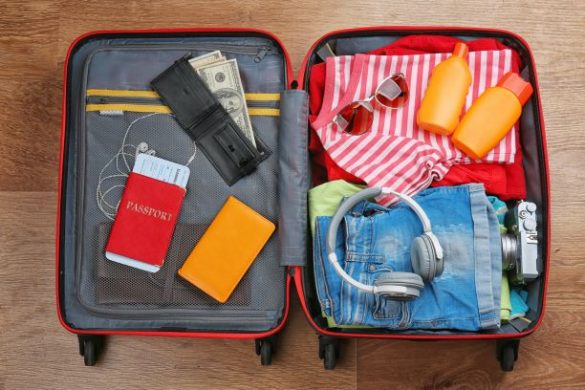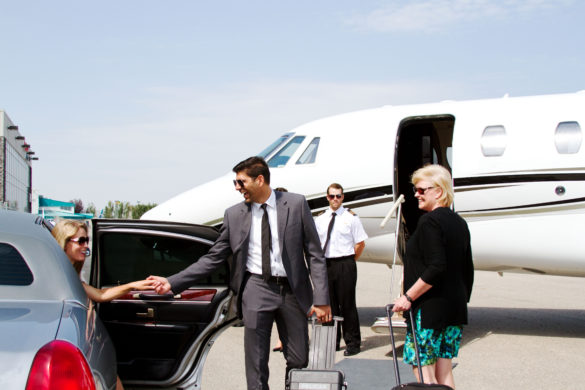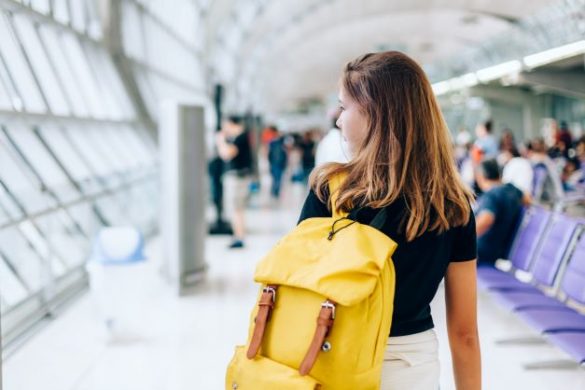Travelling with medical conditions can be stressful and overwhelming. In addition to worrying about how your symptoms might affect your travels, you also have to factor in the logistics of getting all your medications, vaccines, tests and other medical supplies in place. There are certain steps you need to take before taking any trips and others that become even more critical once you’re on the road. If you intend to travel while dealing with a medical condition of any kind, the following are some important factors to be aware of:
Pack in your medical supplies
If you need prescription medications, an inhaler for asthma, or even a blood pressure monitor, you’ll want to pack these supplies into your carry-on bag and bring them along with you on your trip. For other supplies, like a hearing aid, you’ll just need to bring a travel bag and store it in your suitcase or bag until you arrive at your destination. Make sure you label the bag clearly so that you know what’s in it and who has access to it.
Pack your medications in their original containers, and if possible, place the containers in a separate, sealed bag. This will enable them to maintain their potency for a longer period of time, particularly in hot and humid climates. Also, make sure that you have the prescription with you in case you need to take it while travelling. You may also need to get a medical waiver to bring medications into the country you are visiting.
Bring your medications, tests and doctor’s orders
It is better to be safe than sorry, so if your condition requires you to take any medications, bring a copy of your prescription with you. Even if you are taking your medications as prescribed, it never hurts to have a copy of your prescription on hand just in case you need to show it to a doctor or nurse. If you have any blood tests, scans, or other medical tests that you need to have done while you’re away, bring a copy of the results with you. You may need to show them to a doctor or medical professional if you need medical care and attention abroad.
Know the limitations of your trip
Depending on your condition, your mobility, and your medication, you may only be able to travel short distances, at a slow pace, or for a limited amount of time. Be sure to discuss these limitations with your doctor and/or nurse, who can help you plan your trip accordingly. You may also find that certain medications are not allowed in certain countries, so it is best to check with your doctor and your local health authority before leaving on your trip.
Research hostels, hotels and other accommodations before booking
There are several types of travel accommodations that might impose limitations or lack facilities or services for people with medical conditions. If you are travelling to a country where you do not speak the native language, you will want to double check with the hostel, hotel, or other accommodations that you are booking with so that they can provide medical assistance in case of an emergency. Make sure to also research the hostel, hotel or accommodations that you are staying at so that you can make sure there are no medical restrictions. Some hostels and hotels have medical restrictions in writing on their website, so it is important to check that before booking.
When to see a doctor while travelling
If you are thinking about travelling with pre-existing medical conditions, it is always a good idea to see your medical professional before travelling. Your doctor will be able to perform pre-travel examinations and give you advice on whether you should travel depending on where and how long you will be going for. They will also be able to detect any changes in your health condition. If you are experiencing a change in symptoms or pain that is out of the ordinary, see a doctor as soon as you can, who will assess your condition and advise you accordingly.
If you are travelling with a less serious condition, like a cough or mild allergy, then you may prefer to wait or travel to your destination. However, if your condition worsens, you should avoid travelling and see a doctor before making any travel decisions.
If possible, choose to travel in groups
Having a group of friends or family members with you on your trip can make it more enjoyable and less stressful. This can be particularly important for those with medical conditions, who may require additional support during travel, along with companionship and support.
Travelling in a group can provide a sense of security and safety. For those with medical conditions, it can be reassuring to know that they have a team of people looking out for them. It can also make it easier to manage any medical complications that may arise. With a team of people to rely on, you can rest assured that any medical issue can be taken care of in a timely and effective manner. For people with medical conditions, travelling in groups can be an invaluable way to ensure a safe and enjoyable trip.
Bottom line
Travelling can be a great experience, but it can also be very stressful for any traveller, regardless of age. If you have any sort of medical condition, you will want to make sure that you take the time to prepare for your trip and prioritise your health over anything else.
If you’re planning on travelling with a health condition, you’ll want to get medical travel insurance. You should also make a list of the prescription drugs, supplies, and tests you’ll need and pack them all in a bag you can take with you. Finally, be prepared for any complications that may arise. Now that you know what to do, pack your bags and get ready to enjoy your next trip.

